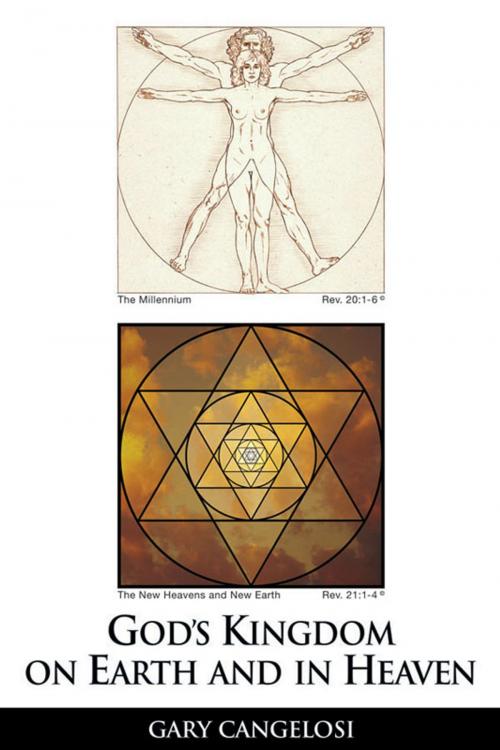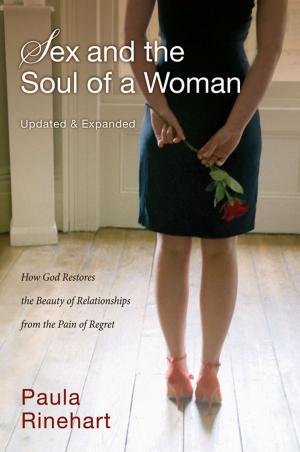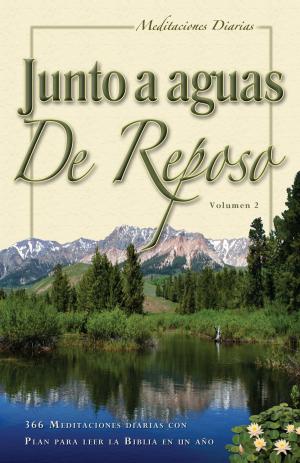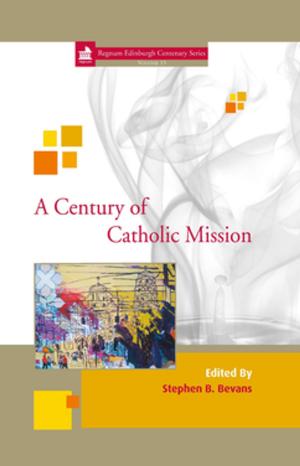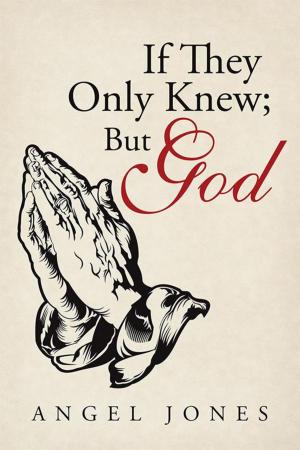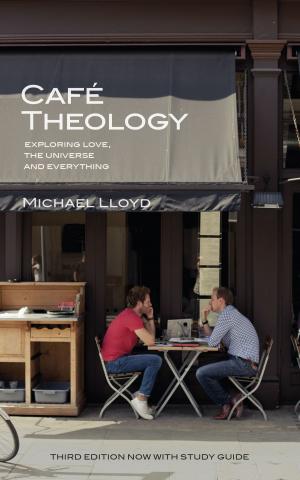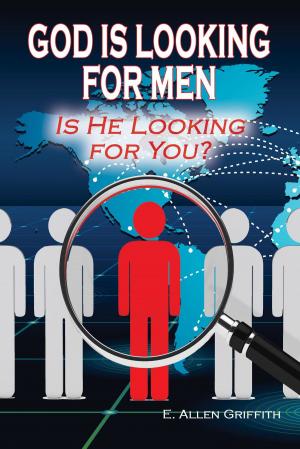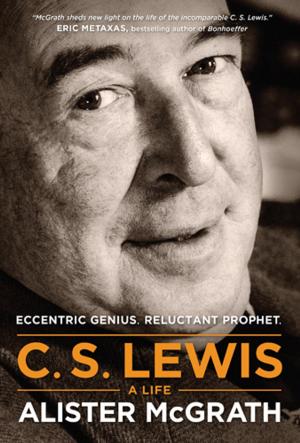| Author: | Gary Cangelosi | ISBN: | 9780615543864 |
| Publisher: | Citizens Chapel Press, Inc. | Publication: | September 20, 2011 |
| Imprint: | Language: | English |
| Author: | Gary Cangelosi |
| ISBN: | 9780615543864 |
| Publisher: | Citizens Chapel Press, Inc. |
| Publication: | September 20, 2011 |
| Imprint: | |
| Language: | English |
If Jesus of Nazareth is the Jewish Messiah, then where is his messianic kingdom? According to the Old Testament prophets, the Messiah was supposed to rule as King od kings over Israel and the whole world, establishing a kingdom on earth characterized by peace, justice, righteousness, and prosperity. Instead, Jesus Christ was crucified, and after being resurrected, ascended to heaven without establishing his reign. The current fallen world remains under Satan’s dominion where systemic strife, war, injustice, evil, and poverty continue. Does Christ have to return again to this earth in order to remove Satan and establish his 1,000-year messianic kingdom? Could it be that the kingdom of the triune God manifests itself as two kingdoms; one being the Son’s messianic kingdom on this earth when it is restored to an Edenic paradise achieved through the “first resurrection” of the natural body of the departed saints; and the other being the Father’s eternal kingdom in heaven achieved when Christ comes again, raptures the saints, destroys this Genesis creation, and takes the immortal sons of God to the new heavens and new earth (Rev. 20:4-5, 12)? Instead of Christ returning to this earth to establish his millennial kingdom, this book explores the possibility that Christ remains in heaven seated at the right hand of the Father when he rules the world. He is God, after all. As such, he has a divine right to rule over his restored creation.
If Jesus of Nazareth is the Jewish Messiah, then where is his messianic kingdom? According to the Old Testament prophets, the Messiah was supposed to rule as King od kings over Israel and the whole world, establishing a kingdom on earth characterized by peace, justice, righteousness, and prosperity. Instead, Jesus Christ was crucified, and after being resurrected, ascended to heaven without establishing his reign. The current fallen world remains under Satan’s dominion where systemic strife, war, injustice, evil, and poverty continue. Does Christ have to return again to this earth in order to remove Satan and establish his 1,000-year messianic kingdom? Could it be that the kingdom of the triune God manifests itself as two kingdoms; one being the Son’s messianic kingdom on this earth when it is restored to an Edenic paradise achieved through the “first resurrection” of the natural body of the departed saints; and the other being the Father’s eternal kingdom in heaven achieved when Christ comes again, raptures the saints, destroys this Genesis creation, and takes the immortal sons of God to the new heavens and new earth (Rev. 20:4-5, 12)? Instead of Christ returning to this earth to establish his millennial kingdom, this book explores the possibility that Christ remains in heaven seated at the right hand of the Father when he rules the world. He is God, after all. As such, he has a divine right to rule over his restored creation.
